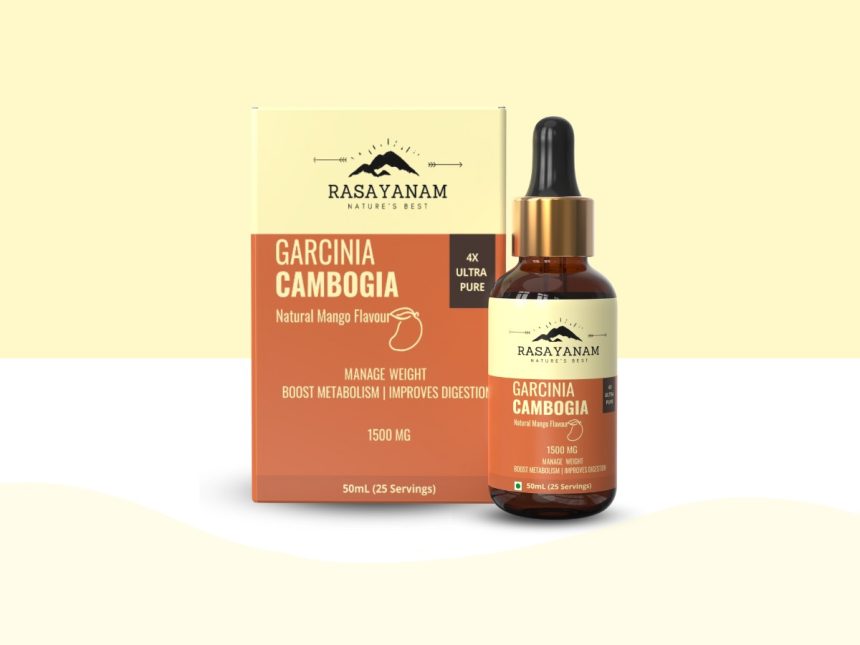Garcinia Cambogia is a unique tropical fruit that grows in Southeast Asia, India, and Africa. Its active ingredient is hydroxycitric acid (HCA), which is believed to help with weight loss by blocking an enzyme called citrate lyase. Citrate lyase is used by the body to make fat, so by inhibiting it, HCA is thought to prevent the formation of new fat cells and increase the body’s ability to burn stored fat for energy. Additionally, HCA is believed to suppress appetite by increasing the production of the hormone serotonin, a neurotransmitter that affects mood, appetite, and sleep.
The efficacy of Garcinia Cambogia in promoting weight loss remains a topic of debate among experts, despite its widespread popularity. While certain studies have demonstrated promising outcomes, others have found no substantial distinction in weight loss between individuals who consumed Garcinia Cambogia supplements and those who were given a placebo. For instance, a 12-week study published in the Journal of Obesity revealed that obese participants who took Garcinia Cambogia supplements lost approximately 1.3 kg more on average than those who received a placebo. However, another study published in the American Medical Association Journal found that Garcinia Cambogia supplements did not have a significant effect on weight loss or fat reduction in overweight individuals.
It’s important to keep in mind that numerous studies examining the effectiveness of Garcinia Cambogia as a weight loss supplement have been small in scale and have only been conducted over a short period. In order to determine whether Garcinia Cambogia is a truly effective means of achieving weight loss, more extensive and rigorous research is necessary.
In addition to the mixed scientific evidence, Garcinia Cambogia supplements have been associated with several side effects. Some people have reported digestive issues such as nausea, diarrhoea, and abdominal pain. Others have experienced headaches, dizziness, and dry mouth.
Moreover, some Garcinia Cambogia products may be contaminated with heavy metals or other harmful substances. In 2016, the FDA issued a warning to consumers about a weight loss supplement containing Garcinia Cambogia that was found to be contaminated with a potentially dangerous substance called sibutramine, which has been linked to heart attacks and strokes.
It’s crucial to talk to your healthcare provider before taking any weight loss supplements, including Garcinia Cambogia, to make sure they are safe for you. Additionally, choosing reputable products from trusted sources is essential to minimize the risk of contamination or other harmful substances.
It’s important to keep in mind that no supplement or product can replace a healthy, balanced diet and regular exercise when it comes to weight loss. While Garcinia Cambogia may provide some benefits, it’s not a magic solution. Instead, focus on making sustainable lifestyle changes to support your weight loss goals.
In conclusion, Garcinia Cambogia is a tropical fruit containing hydroxycitric acid, which is believed to help with weight loss by inhibiting an enzyme the body uses to make fat and suppress appetite. While some studies have shown promising results, the scientific evidence supporting Garcinia Cambogia’s effectiveness as a weight loss supplement is mixed.
Additionally, Garcinia Cambogia supplements have been associated with several side effects, and some products may be contaminated with harmful substances. Therefore, it’s important to talk to your healthcare provider before taking any weight loss supplements, including Garcinia Cambogia, and to choose reputable products from trusted sources.


